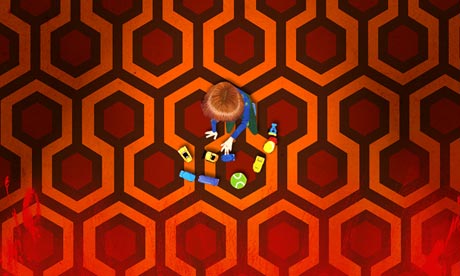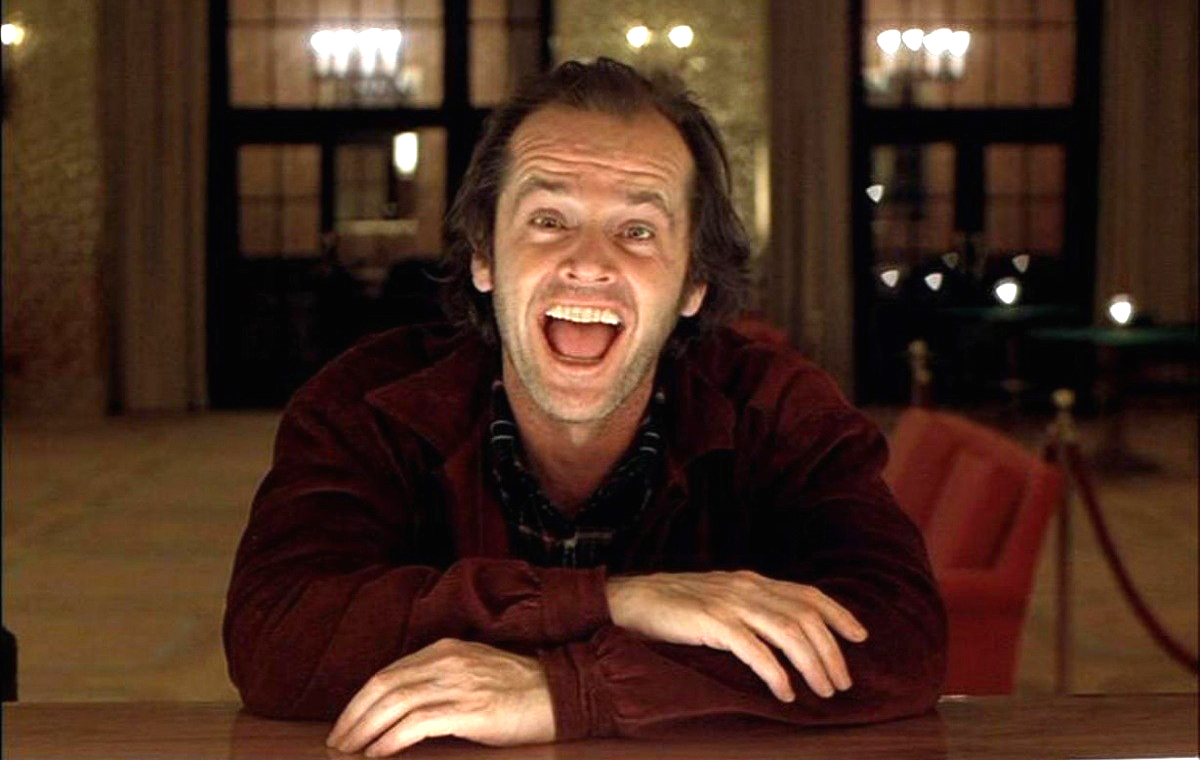With
his new film “To the Wonder,” along with his 2011 critical hit (and Palm d’ Or
winner) “The Tree of Life,” it’s safe to say that recluse director Terrence
Malick has moved far, far away from the traditional film narrative. In fact—in
the case of “To the Wonder”—he has drifted so far away that now he appears to
be lost in his own little world of beautiful shots of nature and poetic voice-overs.
And
there are plenty of shots of nature; sunlight shining through the leaves of a
tree, sunlight reflecting off a clear body of water, a golden wheat field with
roaming Buffalo, cloudy sunsets. There are also shots of white curtains
gracefully blowing in the wind (speaking of wind, there is an awful lot of
wind) -- hell, Malick can even make a carnival ride or muddy, bustling
construction site look poetic. It’s all very pretty to look at and the
cinematography by Emmanuel Lubezki (who also did “Tree of Life”) is the only
thing that gives “To the Wonder” any kind of energy.
The
camera is always moving, always tracking the characters in each scene even when
they themselves aren’t moving (which is hardly ever). It pulls in and pulls out
and then twirls around, there’s never a static moment in the picture. It’s easy
to get caught up in this exhilarating camerawork but after awhile, when you
realize that not much else is going on, it begins to get repetitive and self
indulgent. There are only so many times in one movie one can see the sun
shining through leaves.
In
“To the Wonder” Malick tackles the topic of love (falling in and falling out of
it), specifically focusing on the ups and downs of one couple: Neil (Ben
Affleck), an American, and Marina (Olga Kurylenko), who’s French. We watch as
they fall madly in love, and then separate briefly whereon Neil meets a new
girl Jane (Rachel McAdams, who’s acting talents are wasted in a thankless role
lasting about two minutes) and then Neil and Marina migrate back together.
Javier
Bardem also pops up once in a while as a lonely priest who we hear sermonizing
about love and listening to people’s problems. Like most of Malick’s films,
little on-screen dialogue is heard and instead the characters speak in those
poetic voice-overs I mentioned before. They say things like: “What is this love
that loves us?” or “my soul thirsts for you.” As with the nature shots, these
are nice at first but then eventually become repetitive and self-indulgent too.
The
problem with “To the Wonder” is that it’s relatively empty and--despite
Malick’s obviously grand ambitions--feels slight. Affleck and Kurylenko do
their best (even though Malick doesn’t seem concerned with performances) but we
never really get a sense of their characters’ relationship. Part way through
Bardem’s character says “love is not only a feeling it’s a beauty, you have to
show it.” Well Malick shows us plenty of the love (scenes of them cuddling and
spooning in bed, or in a heated argument) but we never feel
it. Love is supposed to be something that’s intimate and yet we never get that
intimacy. On top of that, Bardem’s character is never fully established and
instead feels like an afterthought. Sometimes you wish Malick would cut back on
style and let the characters and emotions speak for themselves. By the end of
the movie you don’t really know who these characters are and wonder what point
Malick is trying to make.
Like
Quentin Tarantino, Paul Thomas Anderson, Wes Anderson or any other auteur directors currently working, Malick will continue to
make the movies he wants his way, which is perfectly fine. “The Tree of Life”
worked because even with all of the poetic voice-overs and beautiful nature
shots there was still genuine feeling and emotions. Plus, the film felt more
complete, he took us on journey that had a beginning, middle and end. But in
“To the Wonder” there isn’t very much feeling or emotion and it just sort of wanders
around…in that golden wheat field with the buffalo.








